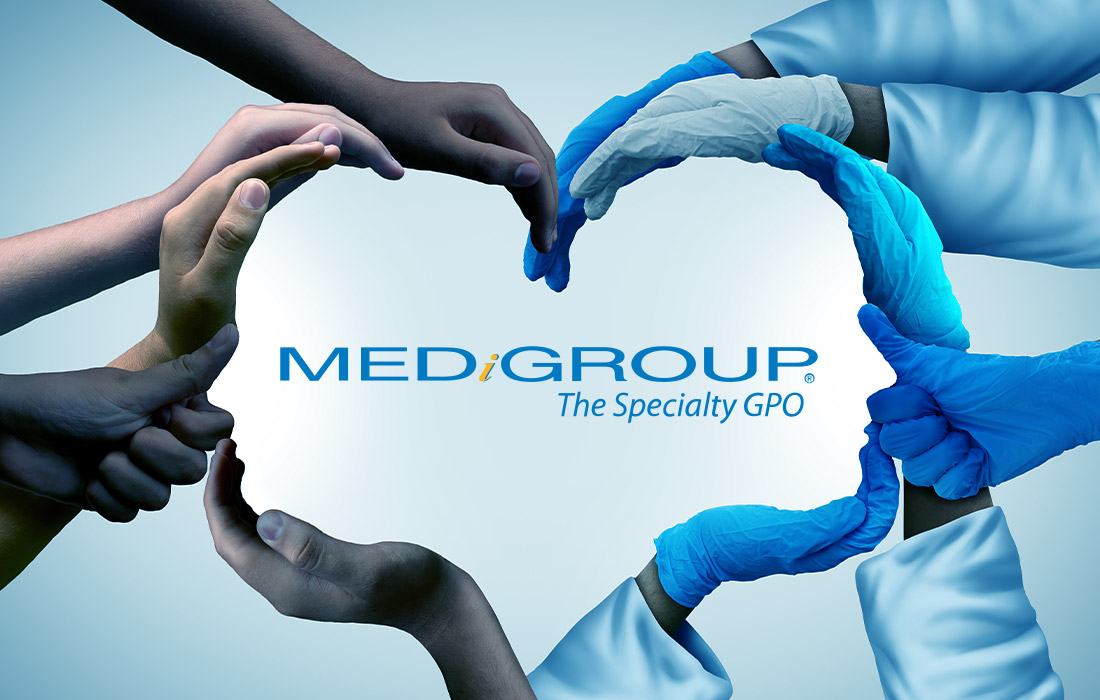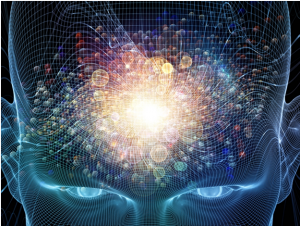The role of artificial intelligence in modern healthcare

February 24, 2017 by Medigroup

While the origins of artificial intelligence date back a couple of decades, this branch of research has made headway in the last 15 to 20 years. It’s hard not to see why professionals and everyday citizens would approach this technology with such eagerness.
By developing machines with intelligence and self-sustaining cognitive functions, humanity is taking steps to improve almost every aspect of daily life. That includes modern healthcare, where the possibility of A.I. is creating a swell of interest.
If fully realized, A.I. could have huge ramifications for the way doctors and other professionals treat patients, run their practices and develop important new medicines and therapies.
“There is one A.I. program having huge success with cancer diagnosis.”
The machines have arrived
While the use of A.I. in medicine is still very much in its infancy, there are still a number of important developments that have occurred in recent years.
As BBC News reported, one A.I. program in the U.K. is having huge success with cancer diagnosis. In fact, the A.I. was able to diagnose skin cancer through a series of photographs with the same accuracy of trained doctors. Meanwhile, a similar program is having the same level of success in diagnosing cataracts, according to Live Science. As Wired pointed out, there are already A.I. programs being used to analyze patient X-rays. Doctors have to spend less time dealing with these X-rays, which means more time speaking to patients. That is perhaps the biggest reason why A.I. is starting its wide-scale immersion into U.S. healthcare.
The benefits of A.I. also don’t just apply to diagnostics. According to Fortune, one team of researchers is using A.I. to improve doctor’s offices. Namely, helping streamline medical services and tests, developing personalized health plans, and making these spaces more appealing and comfortable.
A greater sense of humanity
To some experts, the boom of medical-based A.I. means more time for doctors to deal with patients or undergo important research. However, as the Harvard Business Review explained, there is another important benefit of A.I. that’s worth mentioning: a greater sense of emotional intelligence.
That is, these A.I. programs have specific functions they can handle, like analyzing data and recommending a course of action. But they can’t perform tasks like providing motivation for patients or talking through personal issues, and that’s where doctors and other healthcare professionals need to put their focus. It’s often about maintaining the human element of medicine given that’s where doctors’ strength lies. Logistics, on the other hand, are perfect for machine management.
That limited scope of functions isn’t the only downside to A.I. According to Buzzle, there are a slew of other cons that must be highlighted. That includes time and effort to maintain A.I. systems, improper use of the technology and how these applications may impact people’s skills or general common sense. These are all real concerns that hospitals and doctors’ offices must weigh as they consider the use of A.I. in the coming years.
Wave of the future
Ultimately, an A.I. system or application is a tool, just like a stethoscope or an advanced MRI machine. These “devices” can be used to benefit patient care, or to prevent the efforts of medical professionals. These machines will never entirely replace doctors, but they can complicate standard medical protocols if physicians don’t maintain the proper balance.
But as it stands, A.I. may very well be the sea change that ushers in the next great era for modern health care.















